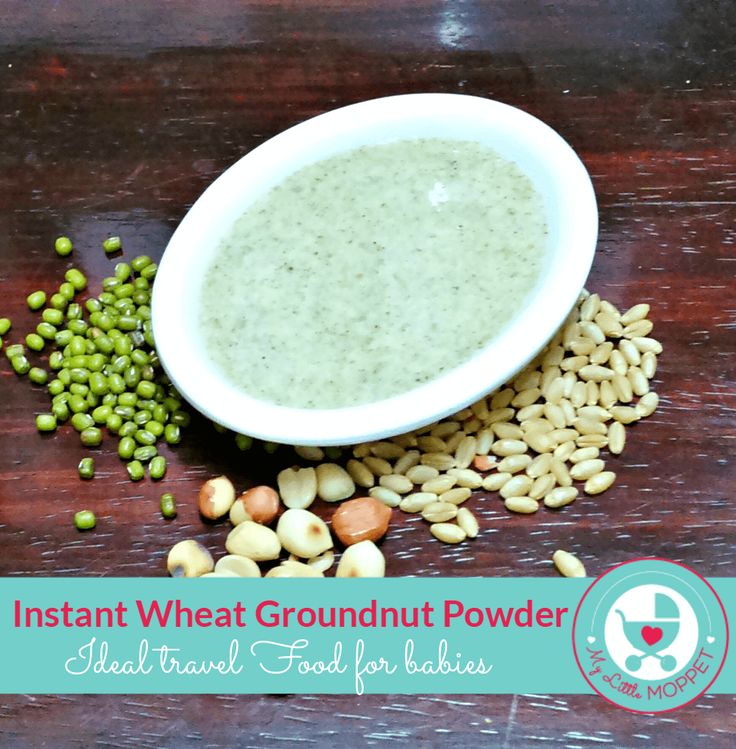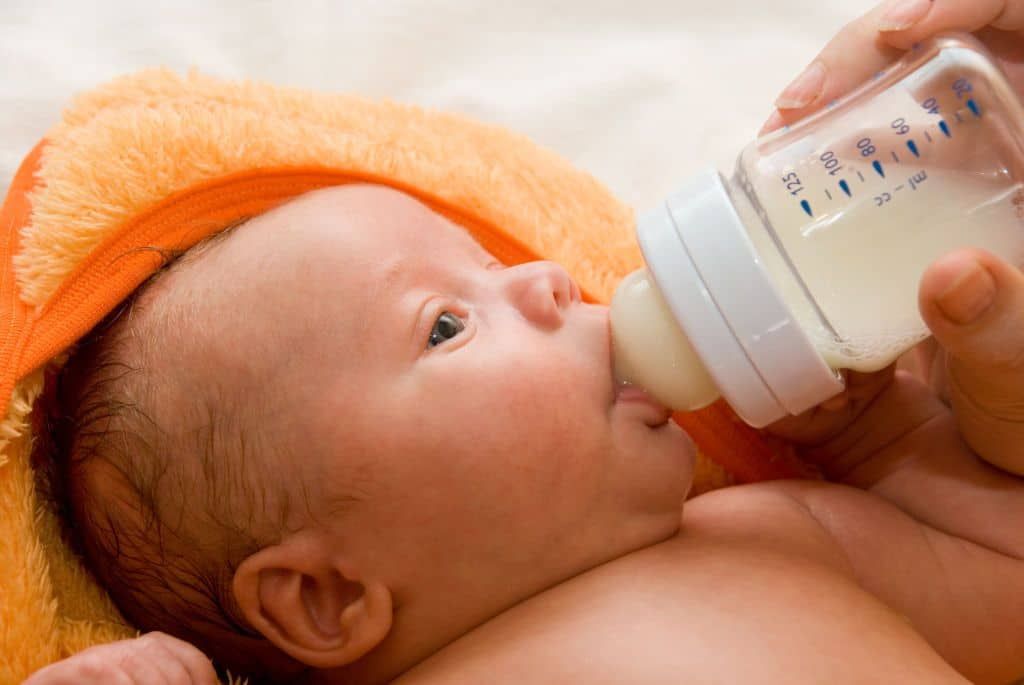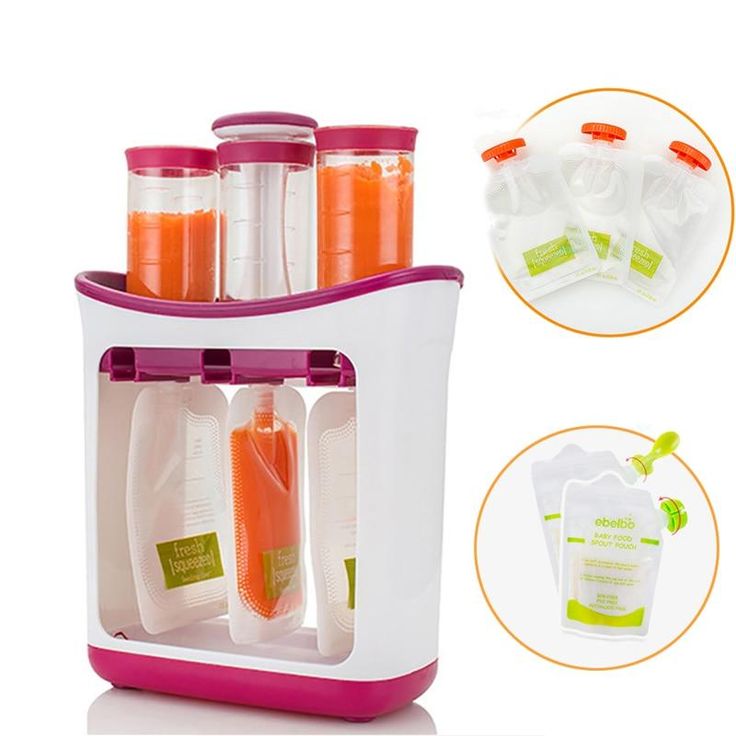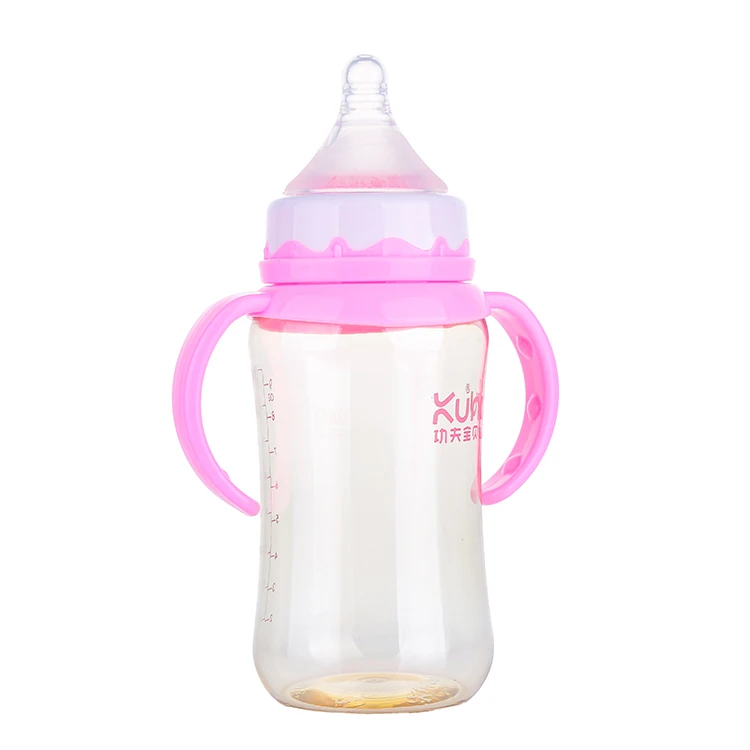Powder food for babies
Top 24 Homemade Health mix powder & Essentials for Babies, Toddlers and Kids
last updated: by Kalyani
Homemade Health mix powder & essentials - As a mother, I believe in everything homemade, Homemade is always better for babies, toddlers, kids (even for adults) than any branded products available in the market as its preservatives free and more importantly you know exactly what goes into your baby's mouth! Also, it tastes much better than any store-bought product. Believe me, making everything homemade is easier than you think! But I agree that it's a little time consuming but it's definitely worth the effort!
Why is this homemade best for your baby?
Although packaged and ready-made are easily available near your doorsteps, feeding homemade is beneficial to your baby. Here is why.
- It is fresh, delicious, economical and eco-friendly.
- You know precisely what your baby is eating.
- Can alter or make your own combinations based on your baby's needs and likings.
- Protect your baby from artificial ingredients and preservatives.
- Made with lots of love!
Bookmark this page for future reference as I will be updating this post on a regular basis with different health mix powders & homemade essentials for babies, toddlers, and kids. Click on each thumbnail image or the link given below for the recipes. Choose recipes according to your baby's age which is mentioned in the brackets along with the recipe. Please refer to the notes section given at end of this post for the points to remember before making these powders & recipes for your baby! If you are looking for more healthy homemade baby food recipes check here.
I will update this post with different recipes on a regular basis
Health Mix powders:
- Cerelac/Sathu Maavu(8 M+)
- Raw Banana (7 M+)
- Makhana Powder (6 M+)
- Sprouted Ragi Powder (6 M+)
- Ragi Malt Powder (1 Y+)
- Oats Powder (8 M+)
- Nuts Powder (8 M+)
- Sesame Seed (1 Yr+)
- Chocolate Powder (1 Yr+)
- Dalia Khichdi powder(8 M+)
- Almond Powder(8 M+)
- Barley Cereal Powder (6 M+)
- Curry Leaves Powder( 1 Yr +)
- Dry Fruits Powder (8 M+)
- Dry Ginger Powder (8 M+)
- Lentils Powder (1 Yr+)
- Poha Cereal Powder (7 M+)
- Puffed Rice Cereal (7 M+)
- Ragi Green gram (7 M+)
- Rice Moong Dal (6 M+)
- Rice Powder (6 M+)
- Sprouted Ragi Powder(6 M+)
- Urad Dal Powder (8 M+)
- Wheat mix Powder (8 M+)
[MyAdscode2]
Essentials (Homemade)
Notes:
- Never introduce more than 1 food at a time when introducing solids to your baby.
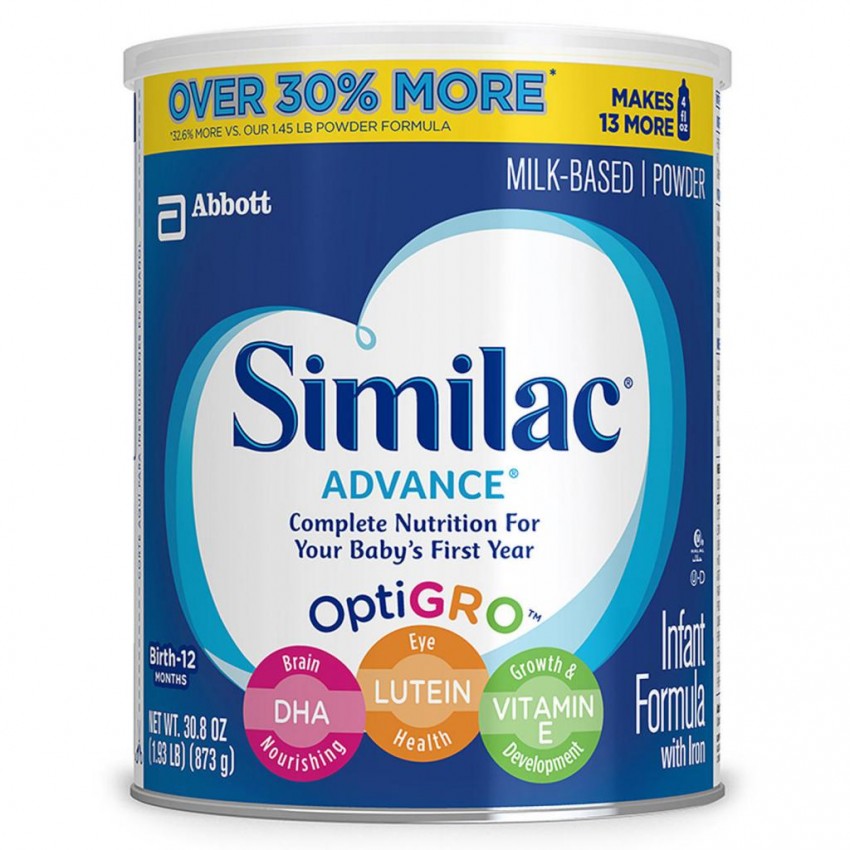
- Check for allergy symptoms when you introducing new food to your baby and stop feeding your baby if you find any symptoms.
- If your baby is allergic to any specific ingredient, remove it from the recipe.
- If the recipe calls for more spices, adjust it according to your baby's age and preference.
- Always check with your pediatrician before introducing any new food.
- Sugar, salt, cow's milk, and honey is not recommended until 1 year of age
Food Advertisements by
Reader Interactions
FDA Investigation of Cronobacter Infections: Powdered Infant Formula (February 2022)
June 23, 2022
On June 22, 2022, the U.S. Food and Drug Administration provided an update on the steps it has taken, and will continue to take, to ensure that American consumers have access to safe and nutritious infant formula in the coming weeks and months. You can read more by accessing the press release.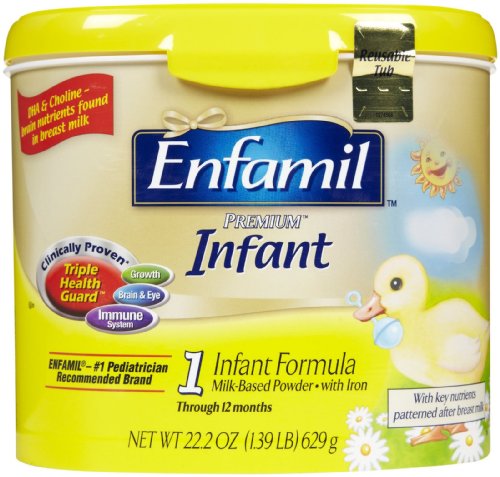
In addition, the FDA has created an infographic on how to safely prepare and store powdered infant formula.
Additional information about infant formula and ongoing updates about FDA’s response can be found at www.fda.gov/infantformula.
May 26, 2022
On May 24, 2022, the FDA has announced that it will exercise enforcement discretion with respect to specific infant formula products to increase infant formula supplies in the United States. The List of Companies Receiving Enforcement Discretion for Infant Formula will be updated on a regular basis.
May 17, 2022
On May 16, 2022, the U.S. District Court for the Western District of Michigan entered a consent decree of permanent injunction between FDA and Abbott Nutrition, as well as three Abbott principals. Under the consent decree Abbott Nutrition will, among other things, take corrective actions following an FDA inspection of its Sturgis, Michigan facility.
The U.S. Department of Health & Human Services also released a Fact Sheet for Helping Families Find Formula During the Infant Formula Shortage.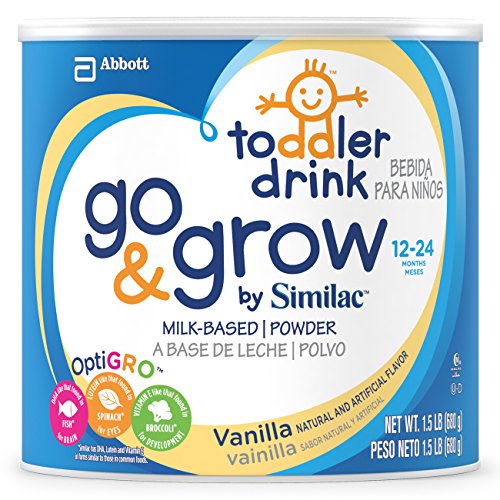
May 13, 2022
The U.S. Food and Drug Administration (FDA)’s Coordinated Outbreak Response and Evaluation (CORE) Network, along with the Centers for Disease Control and Prevention (CDC) and state and local partners investigated consumer complaints and/or reports received by FDA from 9/20/2021 to 2/24/2022, of illnesses among infants who were reported to have consumed powdered infant formula products from Abbott Nutrition’s Sturgis, MI, facility.
On May 12, 2022, CDC announced that its investigation is closed, with no additional cases identified as part of the investigation. Although CORE is no longer investigating this incident, the FDA established an Incident Management Group (IMG) on April 1, 2022, to continue to work on supply chain and food safety issues.
May 11, 2022
The U.S. Food and Drug Administration (FDA), along with the Centers for Disease Control and Prevention (CDC) and state and local partners are investigating consumer complaints and/or reports, received from 9/20/2021 to 1/11/2022, of infant illness related to products from Abbott Nutrition’s Sturgis, MI, facility.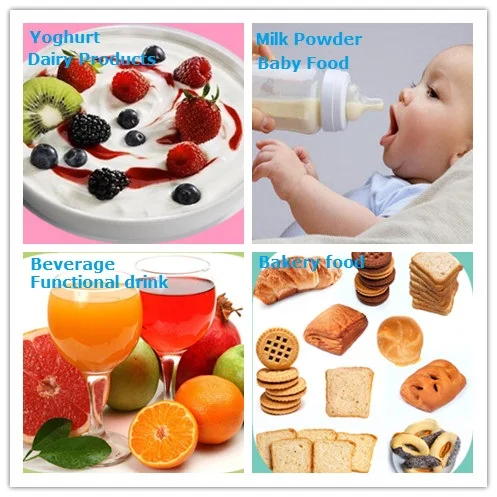 The four ill patients are reported to have consumed powdered infant formula produced from Abbott Nutrition’s Sturgis, MI, facility.
The four ill patients are reported to have consumed powdered infant formula produced from Abbott Nutrition’s Sturgis, MI, facility.
On May 10, 2022, the U.S. Food and Drug Administration provided an update on its work to increase the availability of infant and specialty formula products. This update was announced with a separate press release.
More information will be provided as it becomes available.
April 29, 2022
The U.S. Food and Drug Administration (FDA), along with the Centers for Disease Control and Prevention (CDC) and state and local partners are investigating consumer complaints and/or reports, received from 9/20/2021 to 1/11/2022, of infant illness related to products from Abbott Nutrition’s Sturgis, MI, facility. The four ill patients are reported to have consumed powdered infant formula produced from Abbott Nutrition’s Sturgis, MI, facility.
Following the voluntary recall and hold of certain powdered infant formula products produced at the Abbott Nutrition facility in Sturgis, MI, Abbott has committed to completing enhanced testing of stored product batches prior to making release determinations. While the FDA recognizes that Abbott has conducted standard product testing, there were a limited number of samples tested. Additionally, although finished product testing does not eliminate the risk of contamination, the enhanced testing will provide for a greater chance to detect Cronobacter sakazakii, if present; however, this enhanced level of testing will take additional time.
While the FDA recognizes that Abbott has conducted standard product testing, there were a limited number of samples tested. Additionally, although finished product testing does not eliminate the risk of contamination, the enhanced testing will provide for a greater chance to detect Cronobacter sakazakii, if present; however, this enhanced level of testing will take additional time.
In the meantime, the FDA has informed Abbott Nutrition that the agency has no objection to the company immediately releasing product to individuals needing urgent, life-sustaining supplies of the specialty and metabolic formulas listed below on a case-by-case basis. The FDA is concerned that the risk of not having certain specialty and metabolic products available could significantly worsen underlying medical conditions and in some cases pose life-threatening risks for infants and individuals who rely on these products. In these circumstances, the benefit of allowing parents, in consultation with their healthcare providers, to access these products may outweigh the potential risk of bacterial infection.
Abbott has confirmed with the FDA that the company will consider release of these products on a case-by-case basis, depending on product availability and the severity of the individual’s need. Patients and caregivers seeking access to these products should contact Abbott directly to request that a product be made available to them by calling 1-800-881-0876.
It is important for parents and caregivers to understand that any products released on a case-by-case basis at this time were made at Abbott Nutrition’s Sturgis, MI, facility, and that the processes, procedures, and conditions that the FDA observed during its inspection of the Sturgis MI production facility from January 31 – March 18, 2022, raise concerns that powdered infant formula produced at this facility prior to the FDA’s inspection carry a risk of contamination. Therefore, those seeking access should consult with their healthcare provider in considering whether the benefit of consuming such product outweighs the potential risk of bacterial infection in the user’s particular circumstances. Parents and caregivers should continue to work with their medical provider to consider whether comparable alternative products may be appropriate.
Parents and caregivers should continue to work with their medical provider to consider whether comparable alternative products may be appropriate.
Parents and caregivers who obtain these products should carefully follow Abbott’s preparation instructions as indicated on the product container. Should product released on a case-by-case basis be used, parents and caregiver should pay close attention to the user’s health status and alert a healthcare provider immediately of any change in health status. In the meantime, the FDA is continuing to work diligently to ensure the safe resumption of production of infant formula at Abbott Nutrition’s Sturgis, Michigan facility.
Specialty and Metabolic Formulas that may be Released on a Case-By-Case Basis:
- Glutarex-1
- Glutarex-2
- Cyclinex-1
- Cyclinex-2
- Hominex-1
- Hominex-2
- I-Valex-1
- I-Valex-2
- Ketonex-1
- Ketonex-2
- Phenex-1
- Phenex-2
- Phenex-2 Vanilla
- Pro-Phree
- Propimex-1
- Propimex-2
- ProViMin
- Calcilo XD
- Tyrex-1
- Tyrex-2
- Similac PM 60/40
More information will be provided as it becomes available.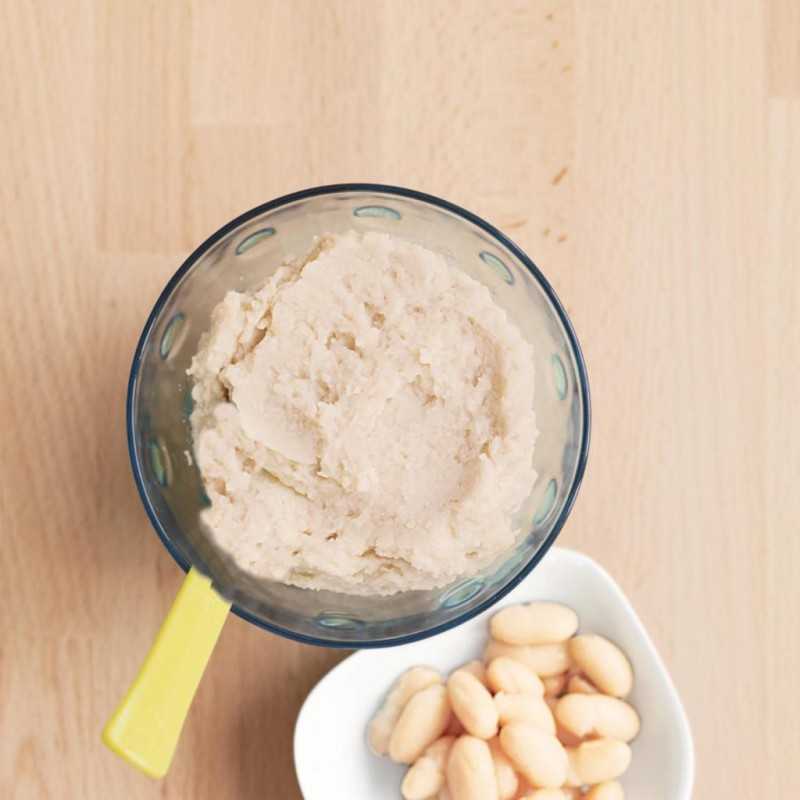
March 31, 2022
The U.S. Food and Drug Administration (FDA), along with the Centers for Disease Control and Prevention (CDC) and state and local partners are investigating consumer complaints and/or reports, received from 9/20/2021 to 1/11/2022, of infant illness related to products from Abbott Nutrition’s Sturgis, MI, facility. The four ill patients are reported to have consumed powdered infant formula produced from Abbott Nutrition’s Sturgis, MI, facility.
The FDA investigators at the Abbott Nutrition facility in Sturgis, MI, collected numerous product and environmental samples:
- Five environmental subsamples collected from the Sturgis, MI facility were positive for Cronobacter sakazakii; four were detected by the FDA and one was detected through firm-initiated testing. The positive Cronobacter sakazakii environmental samples at the Sturgis, MI, facility have been analyzed using Whole Genome Sequencing (WGS), revealing five different strains of Cronobacter sakazakii.
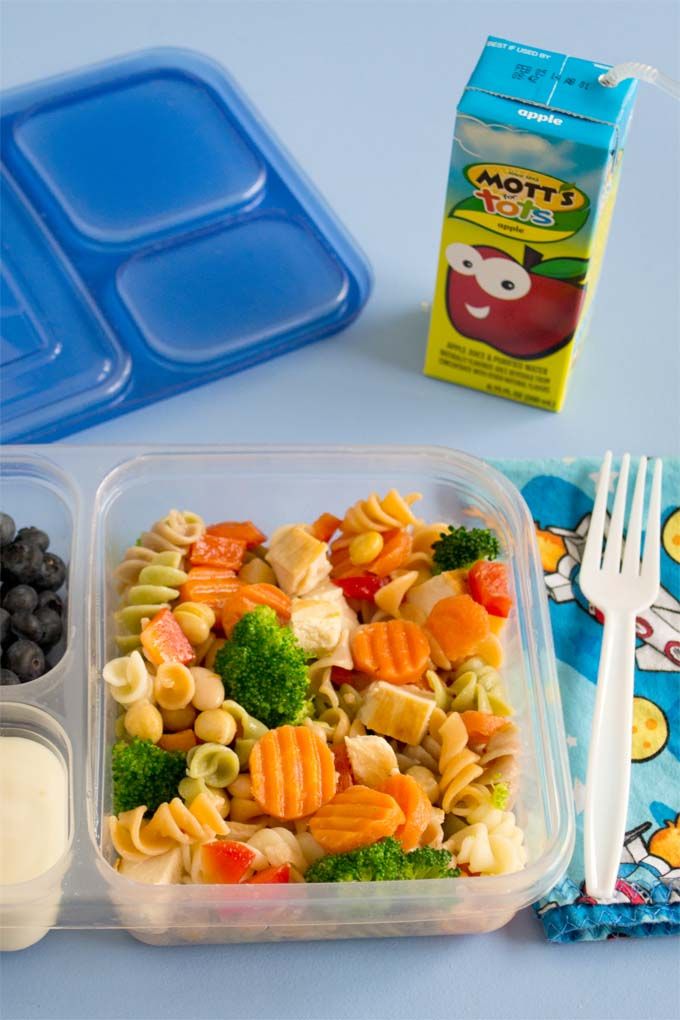
- Product samples collected by FDA at the facility were analyzed for Cronobacter by FDA and were found negative.
There are no additional FDA samples pending analysis at this time. On March 18, 2022, the FDA inspection at the Abbott Nutrition facility in Sturgis, MI, was completed and a Form 483 was issued that included four observations. The inspectional observations in this Form 483 do not constitute final FDA determinations of whether any condition was or is in violation of the Federal Food, Drug, and Cosmetic Act or any of its implementing regulations. FDA will take appropriate action in the future - if warranted - as we continue to evaluate the 2022 inspectional findings.
At this time, CDC has completed laboratory testing for two clinical samples received related to this investigation. Analysis performed by WGS did not find these samples from patients to be a genetic match to the multiple strains of Cronobacter found in the environmental samples obtained from Abbott Nutrition’s Sturgis, MI, facility or to any other clinical isolates in the National Center for Biotechnology Informatics (NCBI) database.
The FDA is working with Abbott Nutrition to better assess the impacts of the recall and understand production capacity at other Abbott facilities that produce some of the impacted brands. We are also working with Abbott Nutrition on safe resumption of production at the Sturgis, MI, facility. We will continue discussion with Abbott Nutrition and other infant formula manufacturers and consider all tools available to support the supply of infant formula products. We are also partnering with the United State Department of Agriculture’s Food and Nutrition Service (FNS) to monitor the impact of the recall on The Special Supplemental Nutrition Program for Women, Infants, and Children (WIC) Program.
March 22, 2022
The FDA is releasing the FDA Form 483s from three inspections conducted at Abbott Nutrition’s facility on Sept. 16-24, 2019, Sept. 20-24, 2021, and Jan. 31-March 18, 2022. The inspectional observations in these Form 483s do not constitute final FDA determinations of whether any condition was or is in violation of the Federal Food, Drug, and Cosmetic Act or any of its implementing regulations.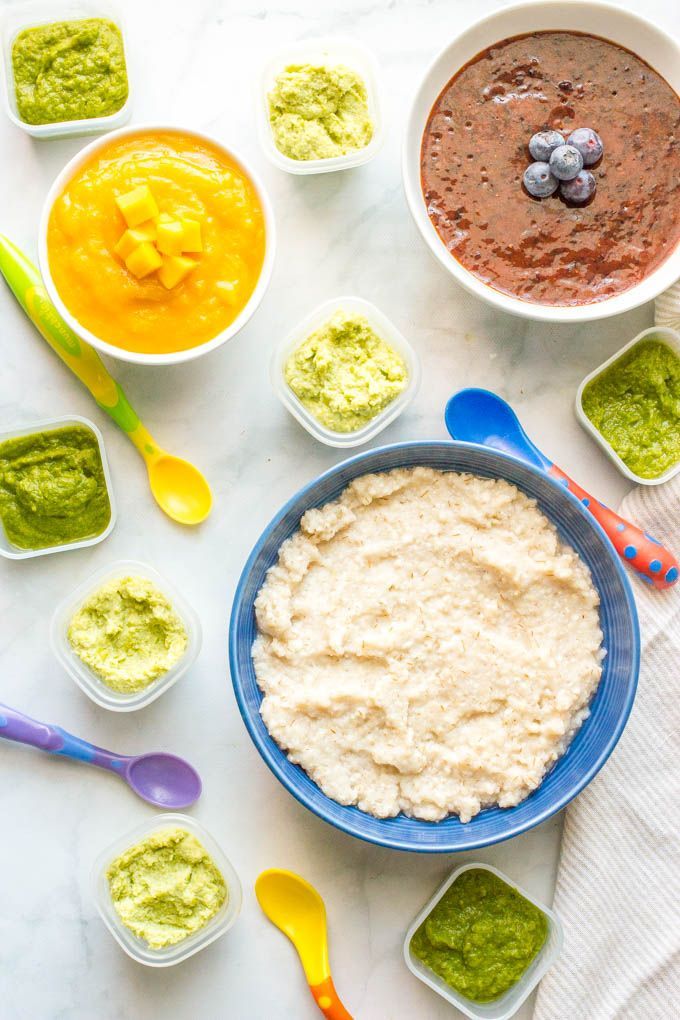 The FDA will take appropriate action in the future - if warranted - as we continue to evaluate the 2022 inspectional findings.
The FDA will take appropriate action in the future - if warranted - as we continue to evaluate the 2022 inspectional findings.
Important observations noted in the 2022 Form 483 include, but are not limited to:
- [Abbott Nutrition] did not establish a system of process controls covering all stages of processing that was designed to ensure that infant formula does not become adulterated due to the presence of microorganisms in the formula or in the processing environment.
- [Abbott Nutrition] did not ensure that all surfaces that contacted infant formula were maintained to protect infant formula from being contaminated by any source.
Once the immediate public health risk is minimized, the FDA will conduct a programmatic review to ensure the maximum effectiveness of agency programs and policies related to infant formula and special medical food complaints, illnesses, and recalls.
Conducting this review is a top priority for the FDA and will be done as efficiently as possible, and we can ensure this effort will not interfere with the immediate recall response activities.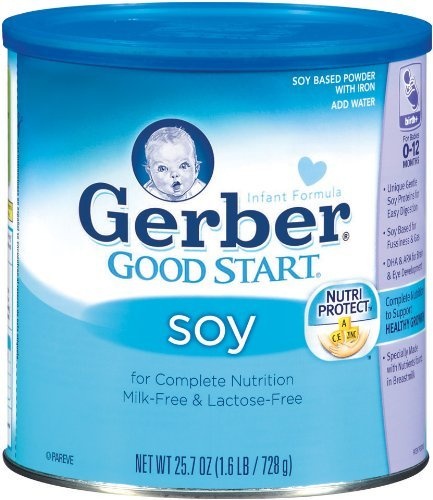 We will and must continue focusing on taking all steps possible to protect the health of those who rely on safe powdered infant formula.
We will and must continue focusing on taking all steps possible to protect the health of those who rely on safe powdered infant formula.
March 15, 2022
To provide clarity about which products are included in the Abbott Nutrition recall, FDA is publishing a full list of recalled brands that have been included in the initial and expanded recall. Recalled products should no longer be available for sale, but if consumers have these products in their homes, they should check the lot code on the bottom of the package to determine if it is included in the recall.
The FDA is also providing additional information for parents and caregivers of infants receiving medical specialty infant formula and individuals using certain medical foods.
March 9, 2022
The Salmonella Newport illness previously included in this investigation of complaints and illnesses has been removed. In the early stages of this investigation, FDA included all consumer complaints of illness with exposure to products from the Sturgis, MI, facility.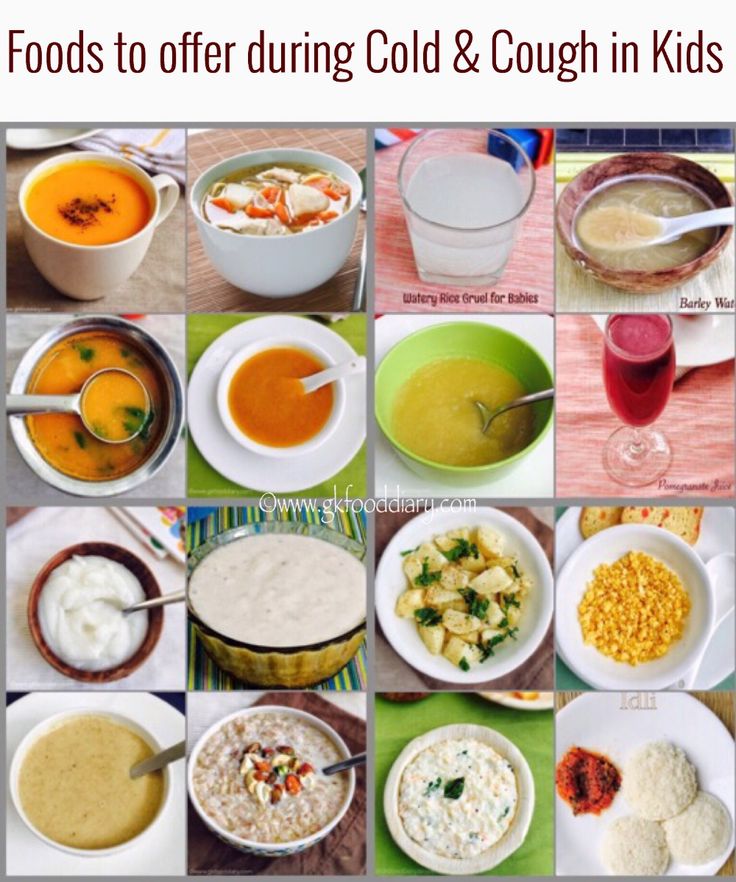 After further investigation, the FDA has determined that there is not enough information to definitively link this illness to powdered infant formula. CDC confirmed that this single Salmonella illness is not linked to an outbreak. The FDA and CDC are continuing to monitor for Salmonella cases and consumer complaints that may be related to this incident.
After further investigation, the FDA has determined that there is not enough information to definitively link this illness to powdered infant formula. CDC confirmed that this single Salmonella illness is not linked to an outbreak. The FDA and CDC are continuing to monitor for Salmonella cases and consumer complaints that may be related to this incident.
February 28, 2022
As of February 28, CDC has announced one additional illness of Cronobacter sakazakii with exposure to powdered infant formula produced at Abbott Nutrition’s Sturgis, MI facility. Cronobacter infection may have been a contributing cause of death for this patient. In total, this investigation includes four reports of Cronobacter sakazakii infections in infants (three from FDA complaints and one from a CDC case finding) and one complaint of a Salmonella Newport infection in an infant. All five (four Cronobacter infections and one Salmonella Newport infection) illnesses resulted in hospitalization and Cronobacter may have contributed to death in two patients.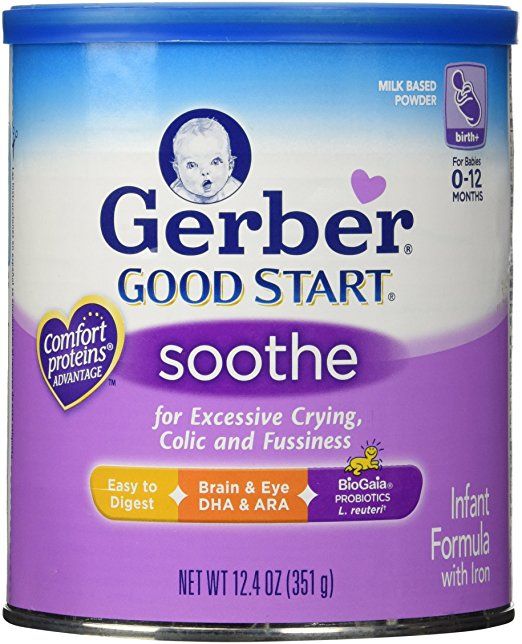
The most recent patient was reported to have consumed Abbott Nutrition’s Similac PM 60/40 product with the lot code 27032K800 prior to Cronobacter sakazakii infection. FDA and CDC informed the firm of these findings and on February 28, 2022, Abbott Nutrition voluntarily recalled Similac PM 60/40 powdered infant formula with the lot code 27032K800. This is a specialty formula for certain infants who would benefit from lowered mineral intake and was not included in the previous recall. At this time, Similac PM 60/40 with lot code 27032K80 (can) / 27032K800 (case) are the only type and lots of this specialty formula being recalled.
This particular lot of Similac PM 60/40 was distributed to the U.S. and Israel. If your regular formula is not available, contact your child’s healthcare provider for recommendations on changing feeding practices.
We understand that infant formula is the sole source of nutrition for many infants and is an essential product. FDA is working with Abbott Nutrition to better assess the impacts of the recall and understand production capacity at other Abbott facilities that produce some of the impacted brands.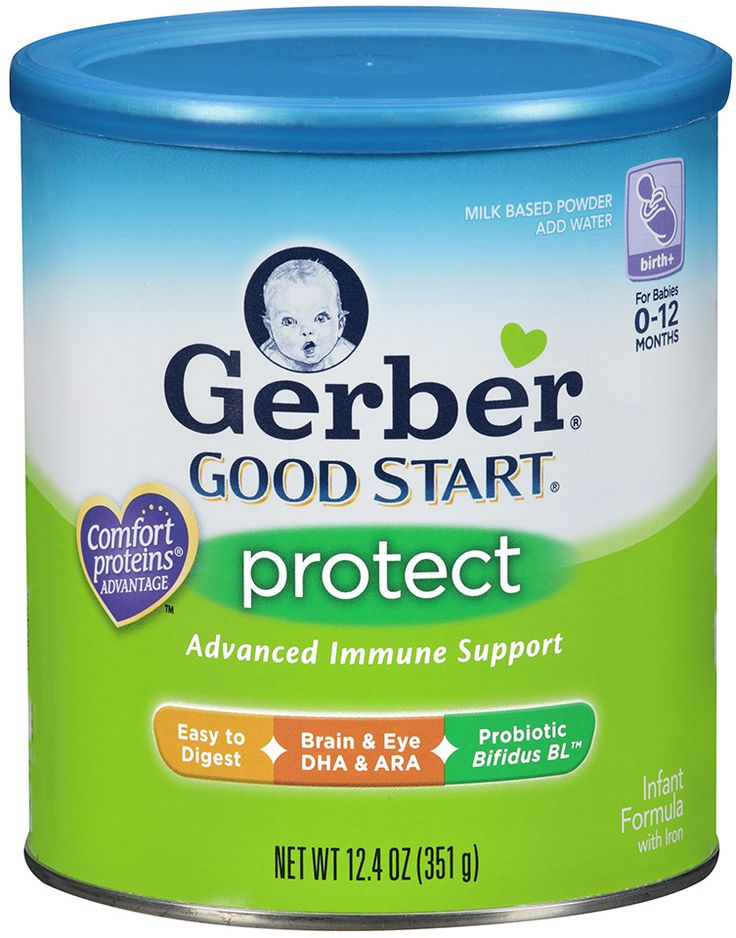 We are also working with Abbott Nutrition on safe resumption of production at the Sturgis, MI facility. FDA is continuing to investigate and will update this advisory should additional consumer safety information become available.
We are also working with Abbott Nutrition on safe resumption of production at the Sturgis, MI facility. FDA is continuing to investigate and will update this advisory should additional consumer safety information become available.
February 25, 2022
As a result of the ongoing investigation, Abbott Nutrition has recalled certain powdered infant formula products and the FDA is advising consumers not to use recalled Similac, Alimentum, or EleCare powdered infant formulas produced in the Sturgis, MI facility.
We recognize that the Abbott Nutrition recall resulted in consumers seeking alternative brands or types of infant formula and that the recall has created new concerns about the availability of certain types of infant formula, particularly given the overall strains on supply chains experienced during the COVID-19 pandemic.
We understand that infant formula is the sole source of nutrition for many infants and is an essential product.
FDA is working with Abbott Nutrition to better assess the impacts of the recall and understand production capacity at other Abbott facilities that produce some of the impacted brands.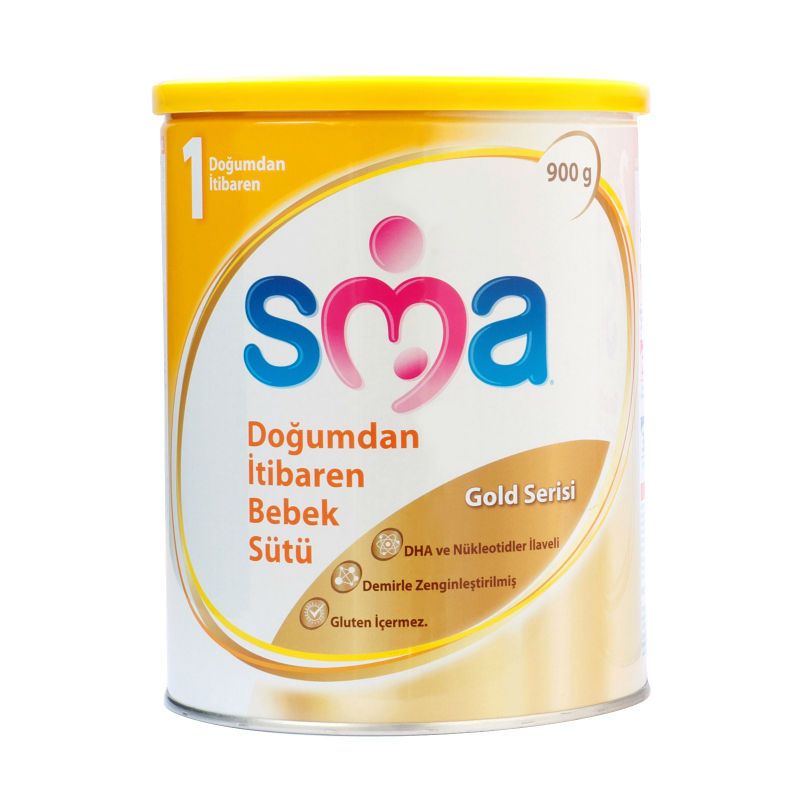 We are also working with Abbott Nutrition on safe resumption of production at the Sturgis, MI facility. Throughout the pandemic, FDA has also been monitoring potential supply chain risks for this category of products and has been reaching out to infant formula manufacturers and their trade groups. As Abbott Nutrition was initiating its recall, FDA intensified this outreach to infant formula manufacturers to inquire about their capacity and potential impacts given this developing situation. We will continue discussion with Abbott Nutrition and other infant formula manufacturers and consider all tools available to support the supply of infant formula products.
We are also working with Abbott Nutrition on safe resumption of production at the Sturgis, MI facility. Throughout the pandemic, FDA has also been monitoring potential supply chain risks for this category of products and has been reaching out to infant formula manufacturers and their trade groups. As Abbott Nutrition was initiating its recall, FDA intensified this outreach to infant formula manufacturers to inquire about their capacity and potential impacts given this developing situation. We will continue discussion with Abbott Nutrition and other infant formula manufacturers and consider all tools available to support the supply of infant formula products.
We are also partnering with the United State Department of Agriculture’s Food and Nutrition Service (FNS) to monitor the impact of the recall on the WIC Program.
February 20, 2022
On 2/17/2022, Abbott Nutrition initiated a voluntary recall of certain powdered infant formulas. Products made at the Sturgis facility can be found across the United States and were likely exported to other countries/locations as well. Canadian health officials have also issued a recall warning.
Canadian health officials have also issued a recall warning.
February 17, 2022
The FDA, along with CDC and state and local partners are investigating four consumer complaints of infant illness related to products from Abbott Nutrition’s Sturgis, MI facility received from 9/20/2021 to 12/18/2021. All of the cases are reported to have consumed powdered infant formula (IF) produced from Abbott Nutrition’s Sturgis, MI facility. These complaints include three reports of Cronobacter sakazakii infections and one report of Salmonella Newport infection in infants. All four cases related to these complaints were hospitalized and Cronobacter may have contributed to a death in one case.
FDA has initiated an onsite inspection at the facility. Findings to date include several positive Cronobacter results from environmental samples taken by FDA, and adverse inspectional observations by FDA investigators. A review of the firm’s internal records also indicate environmental contamination with Cronobacter sakazakii and the firm’s destruction of product due to the presence of Cronobacter.
FDA is issuing this advisory to alert consumers to avoid purchasing or using certain powdered infant formula produced in the Sturgis, MI facility.
This is an ongoing investigation and the firm is working with the FDA to initiate a voluntary recall of potentially affected product. FDA is continuing to investigate and will update this advisory should additional consumer safety information become available.
There is a severe shortage of powdered infant formula in America
Society 1398
Share
The situation with infant formula has become so critical that Senator Tom Cotton has already called it a "national crisis", Congress began an investigation, and President Biden was forced to announce measures to curb the deficit.
Deliveries of infant formula to stores have been so reduced that large retail chains and pharmacies are forced to limit the number of cans "in one hand." For example, CVS and Walgreens only sell three packages of dry mix at a time. According to Datasembly, a company that tracks price indexes and sales of various products, in the first week of May, the lack of milk formula in warehouses across the country was 43% (for comparison, in April - 40%, and in November last year - 11%). Worst of all is the situation with warehouses in the states of Iowa, South Dakota, North Dakota, Missouri, Texas and Tennessee. Accordingly, prices rose sharply - by 18%. On eBay, some savvy sellers offer a $200 can of powdered formula, and there are sure to be buyers: in the US, three-quarters of children receive either full or partial formula in their first six months of life.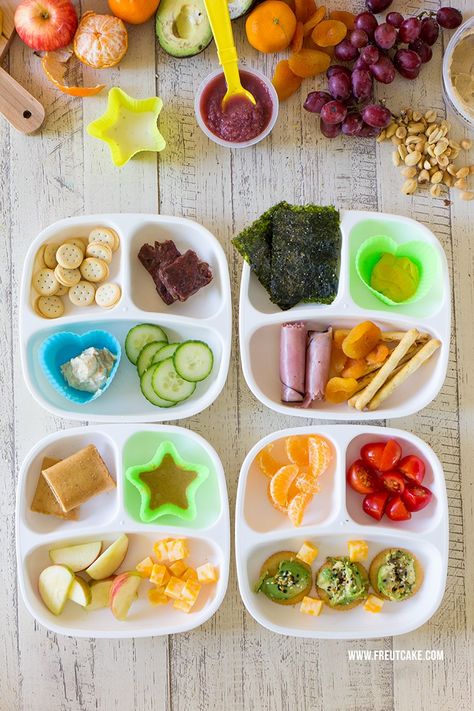 Worst of all are those families whose children, for medical reasons, cannot eat anything other than these mixtures.
Worst of all are those families whose children, for medical reasons, cannot eat anything other than these mixtures.
Abbott fights bacteria
What caused this crisis? The official version, which we already wrote about: in February, the Food and Drug Administration (FDA) stated that certain mixtures of Similac (Similac), Alimentum (Alimentum) and EleCare (EleCare) are contaminated with the dangerous bacterium Cronobacter sakazakii, which can lead to death. Four kids were hospitalized, two died. Abbott Nutrition has announced a voluntary recall of some batches of this baby food that was produced at its plant in Sturgis, Michigan (these powdered formulas were found to be contaminated). In early March, several more dry mixes produced at the same plant were recalled due to Salmonella contamination.
Bacteria in baby food is not uncommon. Back in 2004, the Codex Committee on Food Hygiene (CCFA) of the World Health Organization revised the International Code of Hygienic Practice for Foods for Infants and Older Children, tightening the requirements, including due to cases of contamination of mixtures with bacteria.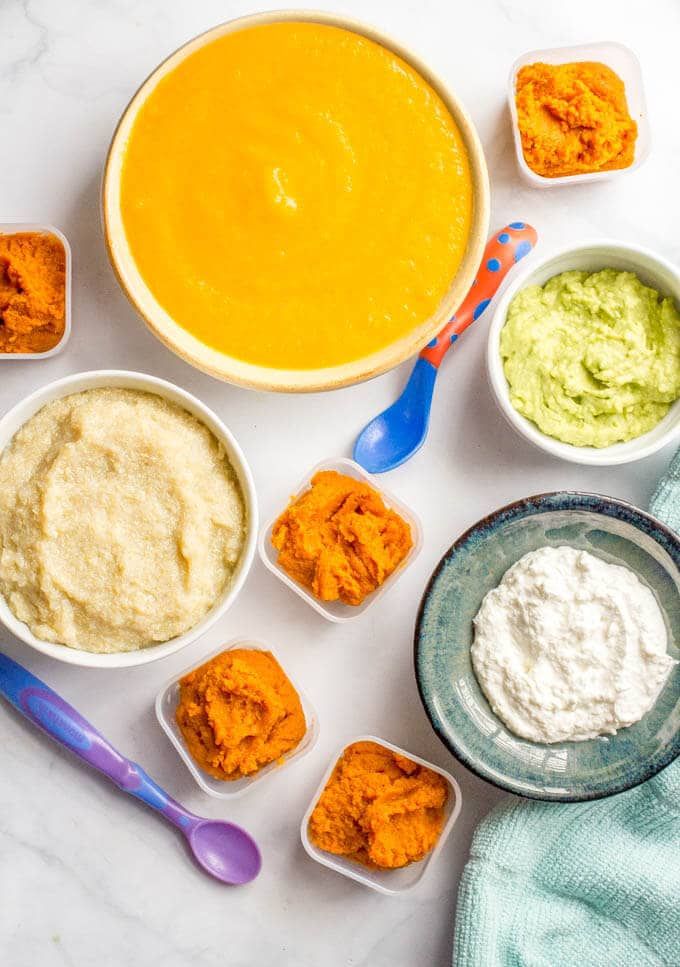 A review of Abbott's records shows that the company has had to destroy batches of premixed formulas in the past due to the presence of Cronobacter. In addition, in February, the FDA emphasized that the recall only applies to dry powder from certain batches, and does not apply to liquid infant formula and other baby foods manufactured by Abbott Nutrition. In other words, it is hard to imagine that a temporary shutdown of the production line of several (!) dry mixes at one plant can lead to such a large-scale national crisis. Not to mention the fact that other manufacturing companies were not affected by the recall, and they continue to produce their products.
A review of Abbott's records shows that the company has had to destroy batches of premixed formulas in the past due to the presence of Cronobacter. In addition, in February, the FDA emphasized that the recall only applies to dry powder from certain batches, and does not apply to liquid infant formula and other baby foods manufactured by Abbott Nutrition. In other words, it is hard to imagine that a temporary shutdown of the production line of several (!) dry mixes at one plant can lead to such a large-scale national crisis. Not to mention the fact that other manufacturing companies were not affected by the recall, and they continue to produce their products.
Furthermore, the company's official statement dated May 11 states: “After a close examination of the situation, there is no evidence that these cases [infant deaths - Ed.] are related to the consumption of our baby food; the bacterium Cronobacter sakazakii, which was found during testing, was in areas not in contact with products.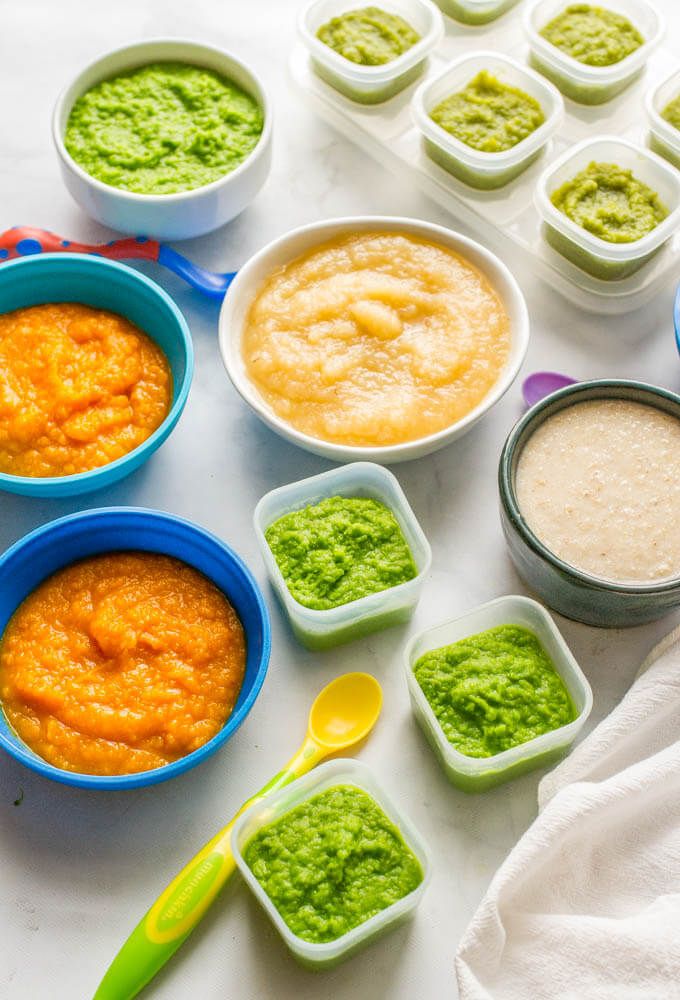 The bacterial samples found at the plant did not match the strains found in the babies' tests. An Abbott spokesperson also said that all products tested for Cronobacter sakazakii and Salmonella were negative and that no Salmonella was found at the Sturgis facility during the investigation.
The bacterial samples found at the plant did not match the strains found in the babies' tests. An Abbott spokesperson also said that all products tested for Cronobacter sakazakii and Salmonella were negative and that no Salmonella was found at the Sturgis facility during the investigation.
However, the FDA insisted that infant formula was produced in unsanitary conditions, and Abbott's internal records showed that the company destroyed some of its products due to bacteria in the factory. On May 16, Abbot reached an agreement with the FDA that allowed the production lines to restart. The company reportedly acknowledged the unsanitary conditions at the plant and is committed to rectifying the shortcomings. In addition, Abbott has agreed to engage external experts who will develop a plan to reduce the risk of bacterial contamination at the plant and conduct periodic assessments to ensure the company is in compliance. In the event that any products again test positive for bacteria, the company will be required to dispose of them and stop work until the source of infection is eliminated.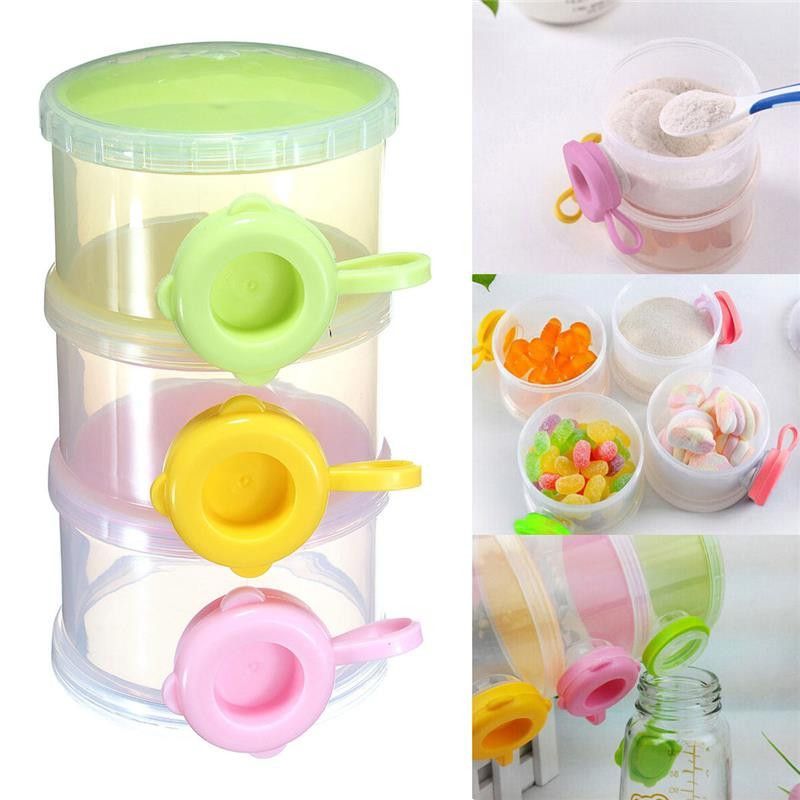 If Abbott does not comply, it faces $30,000 in damages per day of violation (up to $5 million in annual fines). The terms of the agreement are valid for at least 5 years.
If Abbott does not comply, it faces $30,000 in damages per day of violation (up to $5 million in annual fines). The terms of the agreement are valid for at least 5 years.
FDA chief Robert Kaliff stated, "The public can be assured that our FDA will do everything possible to ensure that baby food continues to meet safety and quality standards." The agreement between Abbott and the FDA has been approved by the US District Court for the Western District of Michigan. However, it’s too early for parents to rejoice: Abbot said that a restart is possible within two weeks, and mixtures will appear on store shelves no earlier than in 6-8 weeks.
Broken logistics and monopolies
Another reason that is less talked about is disruptions in the supply chain. Everything affects: a critical shortage of labor (which we have already written about more than once), problems with the production of packaging and transportation. All this together affects the production and distribution of goods. According to Datasembly CEO Ben Reich, "the economic situation affects this category of goods more than others."
According to Datasembly CEO Ben Reich, "the economic situation affects this category of goods more than others."
The crisis has reached such proportions that even the federal authorities were forced to react. On May 12, President Joe Biden met with representatives from Walmart, Target, Reckitt and Gerber to discuss ways to reduce the deficit. He also instructed the Federal Trade Commission to use its powers to monitor allegations of price gouging and the Justice Department to work with state attorneys general to crack down on retailers who took advantage of the situation.
On May 13, the House Oversight Committee announced that it had launched an investigation into the baby food situation. Letters were sent to all four manufacturers asking them to explain how they plan to handle the crisis and what they are doing to prevent this from happening in the future. In addition, the Committee will also investigate allegations received from consumers of price gouging. The meeting of the Committee on this issue is scheduled for May 26.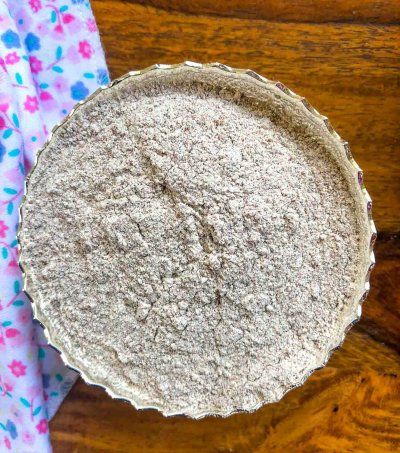
At the same time, the recall of goods for one reason or another is a common occurrence. Thousands of medicines and products are withdrawn from sale every year, and yet there is no nationwide crisis, and sellers do not restrict the sale of essential items in the spirit of Soviet trade.
Four large companies now control 90% of America's supply of infant formula: Abbott, Mead Johnson, Gerber and Perrigo Nutritionals. Abbott, which makes Similac, and Mead Johnson, which makes Enfamil, have nearly 80% of the market. Mead Johnson has already stated, “We have taken steps to ramp up production of Enfamil and are currently shipping 50% more products to address consumer concerns as quickly as possible.” Considering how the prices for dry mixes have risen, the crisis is beneficial for all manufacturing companies.
Importing baby food will be easier
Another factor in the crisis is America's regulatory and trade policies. The FDA regulation of infant formula is so strict that most products coming from Europe cannot be bought here due to technical issues such as labeling requirements.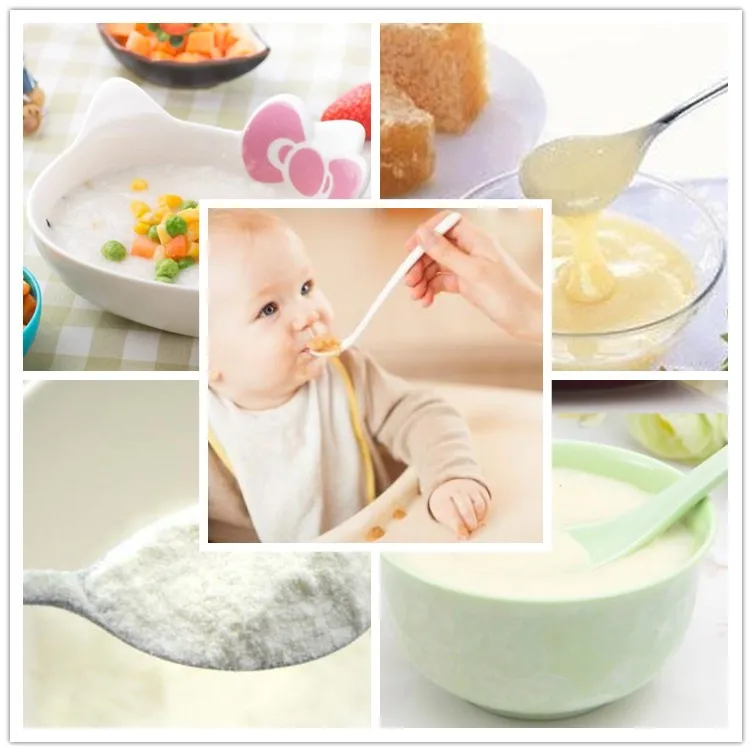 There is no question about the quality of European blends: studies have shown that in some respects they can even be better than American ones, because the European Union bans certain types of sugar (for example, corn syrup). The US also restricts the import of formulas that comply with FDA regulations. For large volumes, the import tax for mixtures can exceed 17%. Currently up to 98% of the baby food on the market is made in the USA. And during a crisis, the lack of alternative supplies becomes a rather big problem.
There is no question about the quality of European blends: studies have shown that in some respects they can even be better than American ones, because the European Union bans certain types of sugar (for example, corn syrup). The US also restricts the import of formulas that comply with FDA regulations. For large volumes, the import tax for mixtures can exceed 17%. Currently up to 98% of the baby food on the market is made in the USA. And during a crisis, the lack of alternative supplies becomes a rather big problem.
Therefore, for the first time, an unprecedented step is announced - the US intends to increase imports of infant formula in order to reduce the nationwide shortage. Potential importers in the FDA are manufacturers from Australia, New Zealand, the UK and the Netherlands. On May 16, the FDA called on foreign manufacturers to apply to import their products into the United States. It is reported (however, without going into details) that the verification process will be "optimized".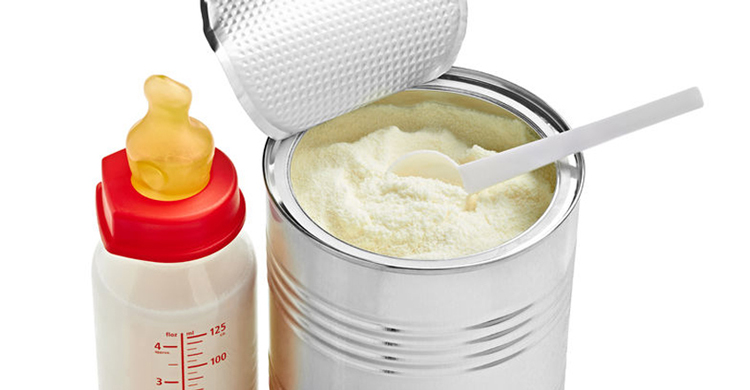 White House press secretary Karine Jean-Pierre said that "priority will be given to applications from those companies most likely to be able to prove product quality and be able to get the most baby food to American stores as quickly as possible." Thus, the advantage will be given to large manufacturing companies, which will be able to quickly cover the shortage that has arisen.
White House press secretary Karine Jean-Pierre said that "priority will be given to applications from those companies most likely to be able to prove product quality and be able to get the most baby food to American stores as quickly as possible." Thus, the advantage will be given to large manufacturing companies, which will be able to quickly cover the shortage that has arisen.
However, even if import applications and related documentation confirming the safety of mixtures are submitted, relatively speaking, tomorrow, it may be weeks before the products reach the stores. Once the application is filed, the FDA will still need to review the baby food to ensure quality control to American standards. The import facilitation policy was adopted as a temporary measure for the next six months.
In the meantime, parents of babies rush about in search of baby food, politicians from all sides have decided to use the crisis to their advantage. So, Republican Congresswoman Kat Cammack posted a video on her Facebook account about how the federal authorities send packages of baby food to the border with Mexico: “American stores have empty shelves, there is no shortage at the border.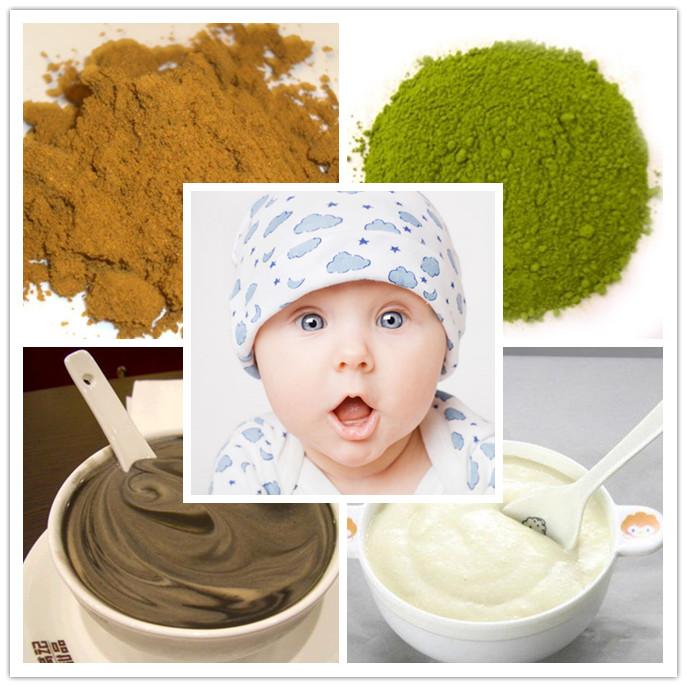 ” Cammack said the Biden administration should not put the needs of illegal immigrants ahead of the interests of American citizens. Another Republican politician, Rep. Eliza Stefanik, also said it was "absolutely unacceptable" and drew a parallel with Trump's famous slogan, "America continues to be put last." In turn, Democratic politicians Eric Svolvell and Ruben Gallego accused Eliza of wanting to "starve babies" in border centers where illegal immigrants are detained.
” Cammack said the Biden administration should not put the needs of illegal immigrants ahead of the interests of American citizens. Another Republican politician, Rep. Eliza Stefanik, also said it was "absolutely unacceptable" and drew a parallel with Trump's famous slogan, "America continues to be put last." In turn, Democratic politicians Eric Svolvell and Ruben Gallego accused Eliza of wanting to "starve babies" in border centers where illegal immigrants are detained.
Only one thing can be said with certainty: even with the increase in production and the green light for imports, the situation with the shortage of infant formula will not change in the next couple of weeks.
Subscribe
The authors:
- Victoria Averbukh
Ministry of Justice USA New Zealand Great Britain Mexico Australia
- 29 Sep
The authorities have studied Davydov's idea to introduce individual autonumbers
- 30 Aug
Prestige and replenishment of the budget: advantages of short license plates
named - 22 Aug
Penalty for non-walking: the method of re-education of Russian dog breeders is named
What else to read
-
There are more synagogues in New York than in Jerusalem
986
Leonid Goldin
in the new world -
Vaccination mandates for children and employees of private enterprises have been canceled in New York
777
Victoria Averbukh
in the new world -
What happens in Kyiv after the morning shelling: the authorities turned to the citizens
46772
Elena Gamayun
-
"Ukrainians rush about like mice": military commander Sladkov spoke about the change in the situation at the front
73039
Oleg Tsyganov
-
Kyiv authorities announced the attack of drones on infrastructure facilities
189065
Oleg Tsyganov
What to read:More materials
In the regions
-
Governor of Sevastopol Mikhail Razvozhaev: plane caught fire at Belbek airport
33443
CrimeaPhoto from the website of the Government of Sevastopol
-
Mobilization is taken off pause in the Sverdlovsk region
11670
YekaterinburgVladimir Kuskov
-
Mobilization in St.
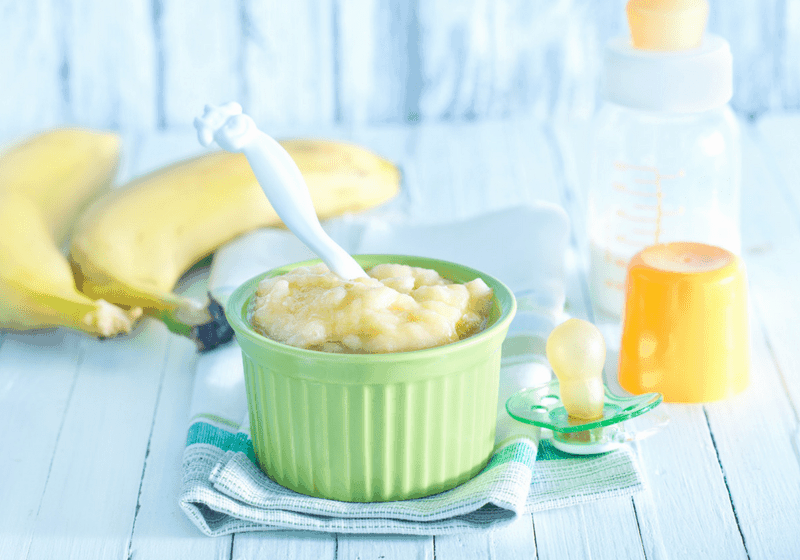 Petersburg: a chronology of events and recommendations
Petersburg: a chronology of events and recommendations 9614
St. PetersburgLawrence Bely
-
Partial mobilization in the Kursk region: news, advice, explanations, chronology
A photo 3086
Chernozem region -
Mobilization in the Nizhny Novgorod region: news, clarifications, chronology
A photo 2986
Nizhny Novgorod -
A time bomb for your stomach: who shouldn't eat carrots
2514
Pskov
In the regions:More materials
Baby food in bodybuilding: how to take it correctly, reviews
Bodybuilders involved in strength training not at a professional, but at an amateur level, want to be not just well pumped up, but also have a beautiful relief and proportionally developed body.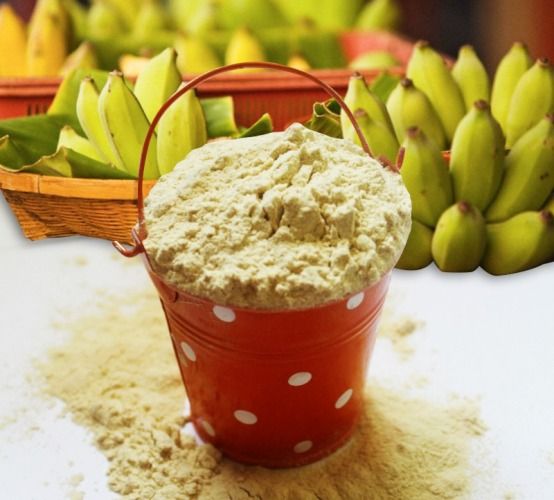 To achieve these results, athletes often experiment with different techniques and nutritional supplements. Many bodybuilders are interested in how effective baby food "Baby" really is for training. Some decide to test it personally, while others, on the contrary, first look for information on the advisability of including such an additive in their diet on the Internet.
To achieve these results, athletes often experiment with different techniques and nutritional supplements. Many bodybuilders are interested in how effective baby food "Baby" really is for training. Some decide to test it personally, while others, on the contrary, first look for information on the advisability of including such an additive in their diet on the Internet.
Composition and features of baby food
There are many varieties of food for the little ones on the shelves of stores. The composition and features largely depend on the brand. Almost every manufacturer has its own set of ingredients that distinguishes its products from other analogues. Baby food, contrary to popular belief, does not have a rich protein composition. It contains only 10 to 20 percent protein. Most of the product is made up of fats and carbohydrates. This means that the comparison of baby food with a protein complex is wrong. The product is more like a gainer.
This composition makes baby food suitable exclusively for ectomorphs - people with a naturally thin physique who have a high need for carbohydrates to gain mass.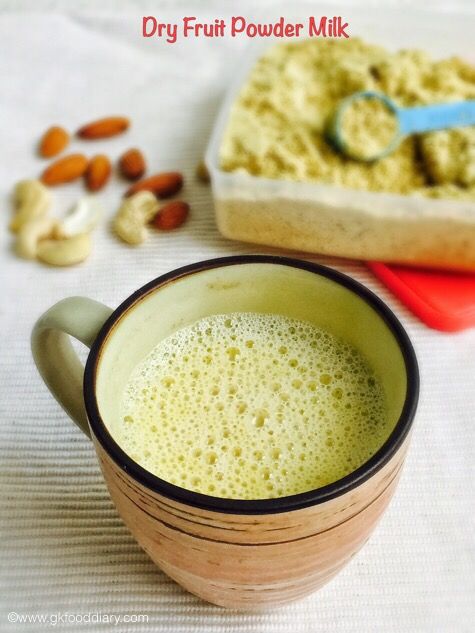 Athletes who tend to be overweight should refrain from eating baby food, as it can provoke an increase in subcutaneous fat.
Athletes who tend to be overweight should refrain from eating baby food, as it can provoke an increase in subcutaneous fat.
Thus, this product has two significant disadvantages:
- low percentage of protein, which is necessary for athletes for a qualitative growth of muscle mass;
- high ratio of carbohydrates and fats, which are deposited in the fatty layer under the skin.
In addition, the high cost of the product should also be taken into account. Comparing the cost of baby food with protein complexes from well-known world manufacturers, you can see that buying the latter is much more profitable. The product also has its advantages. Infant formulas are enriched with vitamins and minerals, which sports complexes cannot boast of, but their dosage is noticeable only for the body of a small child, but not for an adult who also actively trains. In other words, the benefits of such nutrition are only for a certain limited number of athletes, and not for everyone.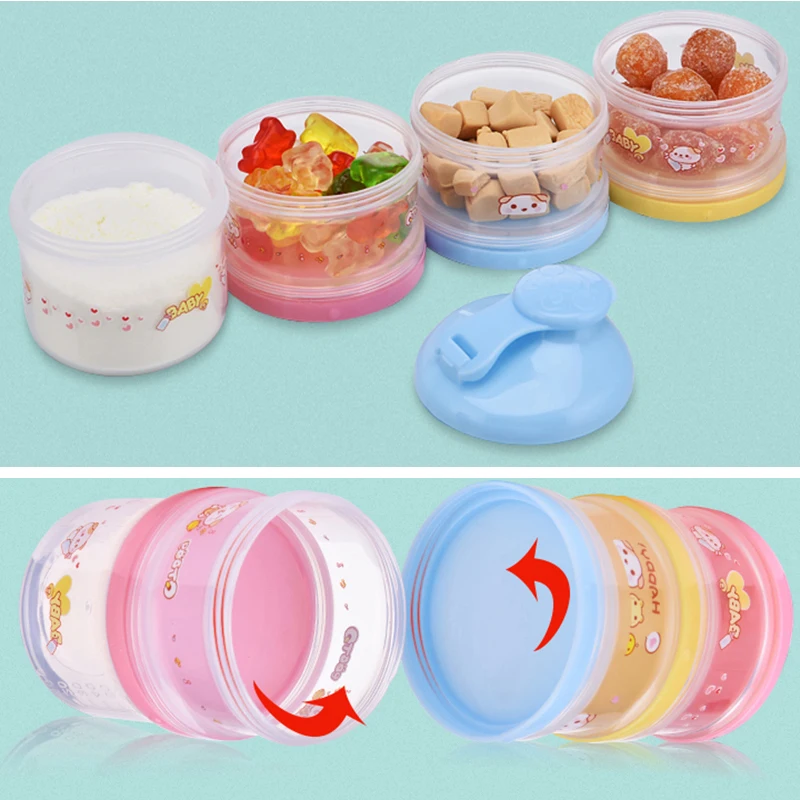
How to take infant formula
Bodybuilders who consciously decide to use infant formula should carefully read the manufacturer's instructions. The vast majority of such products are diluted with either water or milk.
Bodybuilders usually opt for milk to increase their protein intake. Today, few athletes resort to the use of baby food, but there was a time when it was really in great demand. In the nineties of the last century, bodybuilders did not even dilute the product, but ate dry powder mixtures, since there were no protein complexes on sale then.
From baby food pret MASS
Watch this video on YouTube
Reviews of baby food in bodybuilding
A huge number of topics and discussions on thematic sites and forums are devoted to baby food in bodybuilding. The reviews that athletes leave about this product as a muscle building supplement are mostly negative. This is facilitated by the composition of the mixtures.